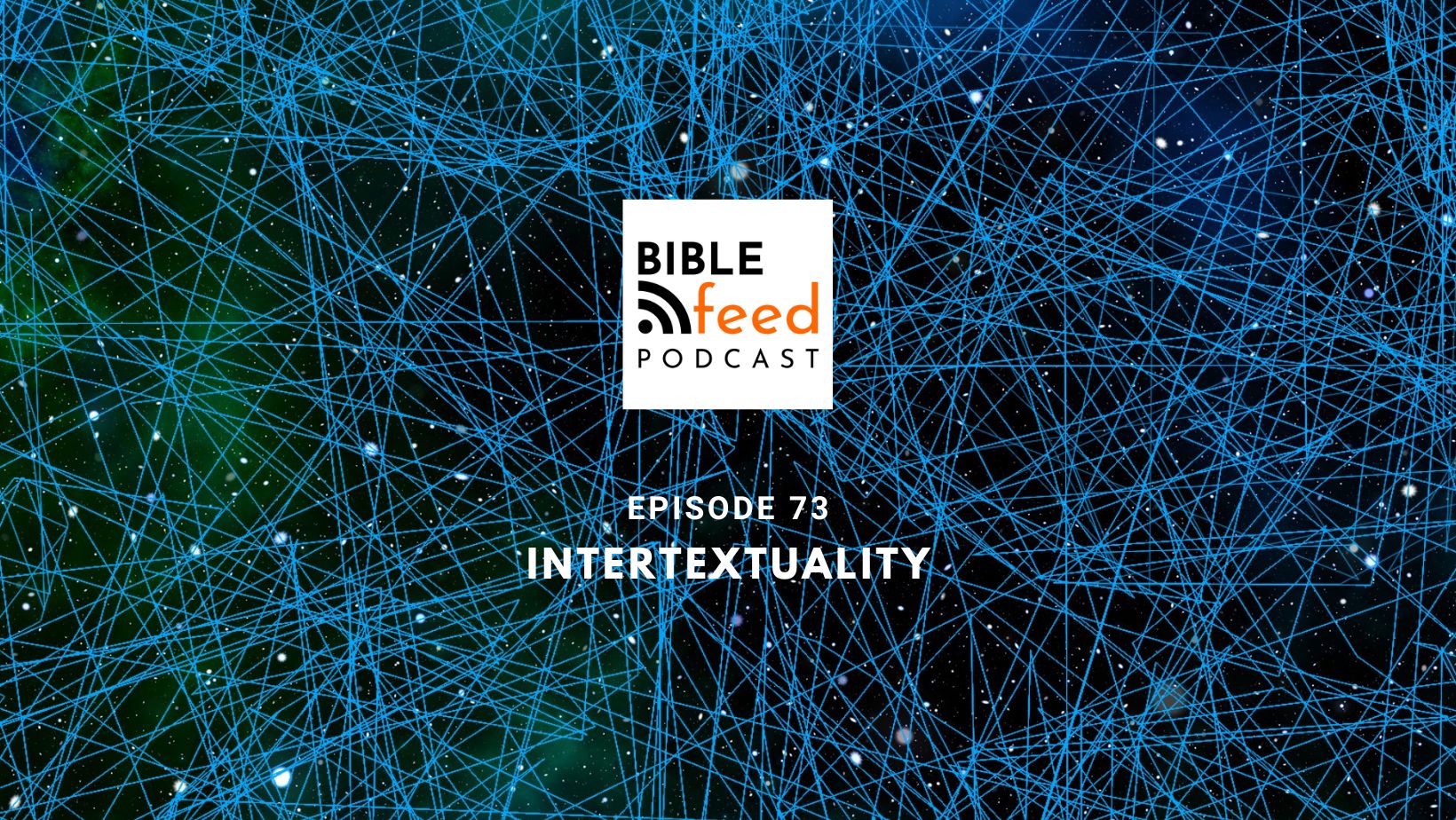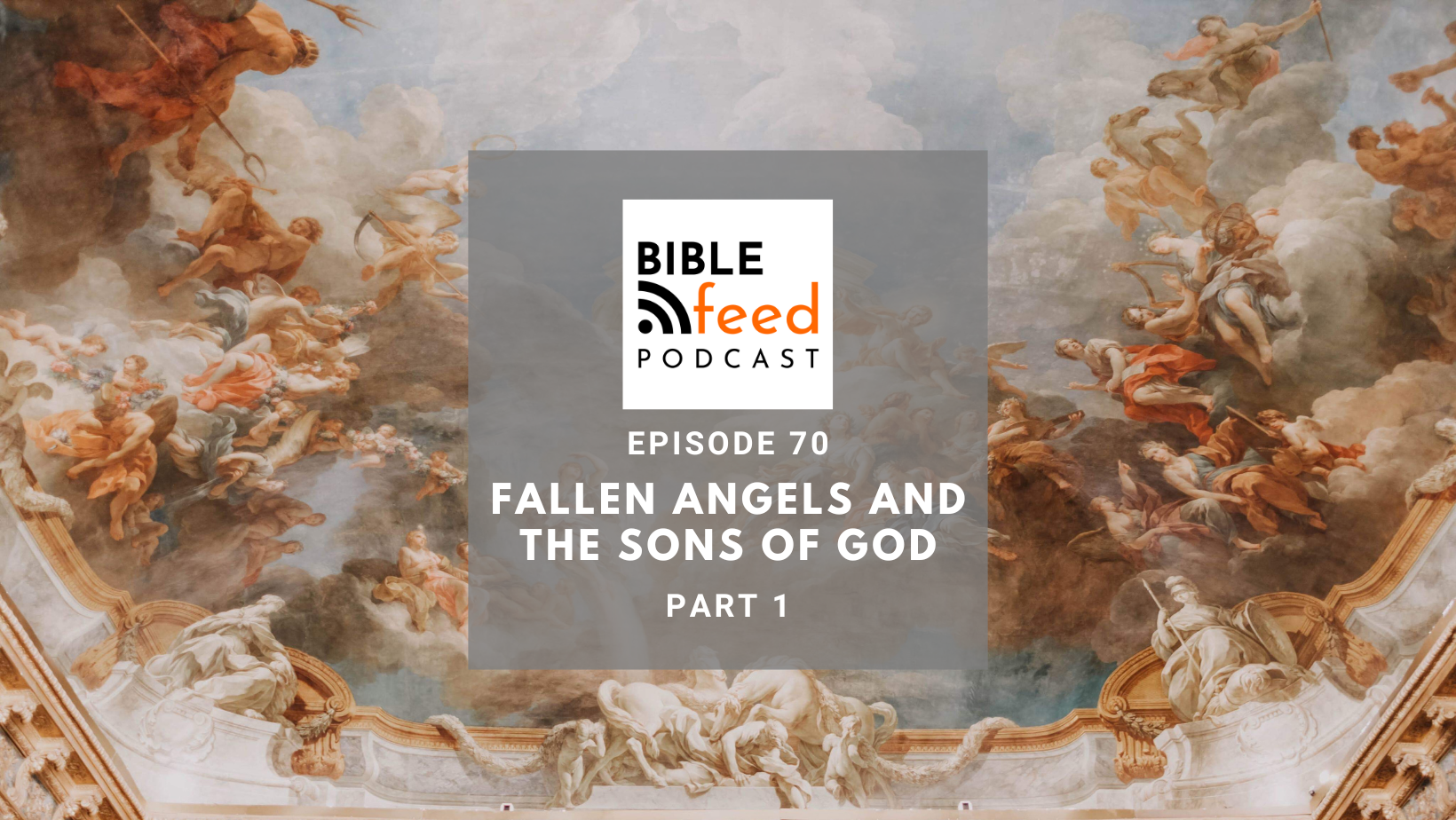Paul and Dan talk about "intertextuality" - basically, how the meaning of a text is influenced by references to other texts. The Bible (not surprisingly) is full of links between its 66 books. But how far can we take this? Can we go too far and see patterns where there are none (like seeing the face of Jesus in a slice of toast)?!
Is the phrase 'sons of God' used to refer to angels? If so, does that include spiritual beings with independent power to oppose God and his people? Using the framework of Michael Heiser's book, Unseen Realm, we start to examine what is termed the 'Divine Council' worldview. This involves grappling with some of the most mystifying parts of the Bible text - but hey, we're just ordinary people trying to understand the Bible better!
At Bible Feed our aim is to motivate you to read your Bible as you've never read it before. Reading plans are good but I find there are different ways of reading that are perhaps more important in getting to a good understanding of passages.
Laurence Davenport and Dan Weatherall continue delving into the gospel of Matthew. The focus this time is how well structured the book is around major themes that are developed throughout the book. Jesus is presented as someone with authority and he is given that curious name, Immanuel. What does that mean? And how would the first readers of Matthew have understood God to be with them?
We begin a new series in which we explore the deep questions around the relationship between God and Jesus, the Son of God. In this episode Josh Dean and Paul Davenport look at how Unitarians and Trinitarians both look at the same scriptural ‘raw materials’ but come to different conclusions. Why is that? How should we evaluate whether one view is more appropriate than the other? Are they both truly Christian perspectives?
Looking back beyond the very beginning of time might bend your mind, but it's well worth the strain on your brain since it gives good reason to believe that something eternal, everywhere present and all powerful exists! Perhaps, it's God?
The connection between the Bible and history is complicated. Should the Bible be treated as objective, literal history or should we see it as all myths? Is it possible to find the truth somewhere between those two extremes? Dan and Paul explore these questions by using one of the ancient kings of Judah, Hezekiah, as a case study.
Picture the scene; a swiftly approaching foreign army that threatens to destroy everything in its path. You’re in an overcrowded city that provides little protection and shelter. What do you do?






